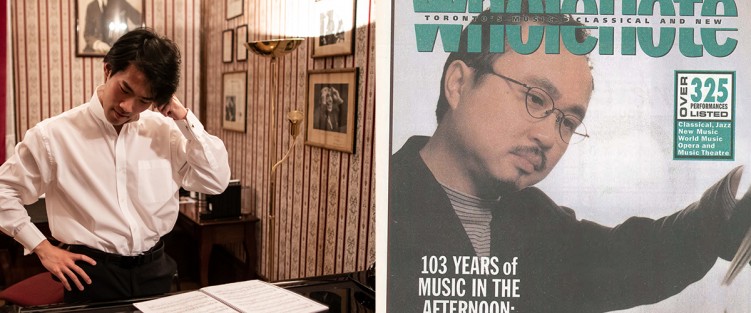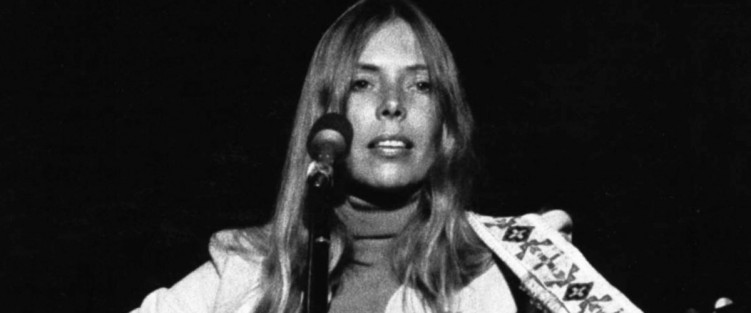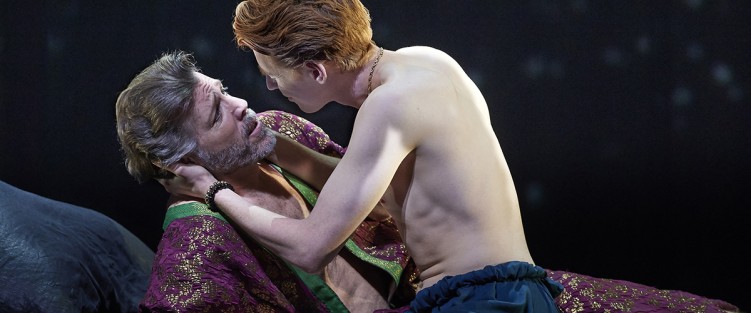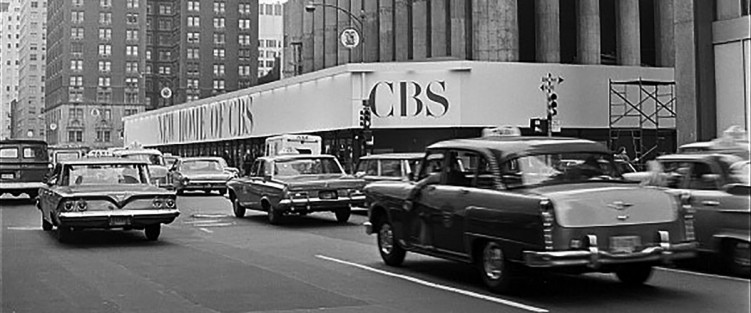Signing Up For Variant Nu
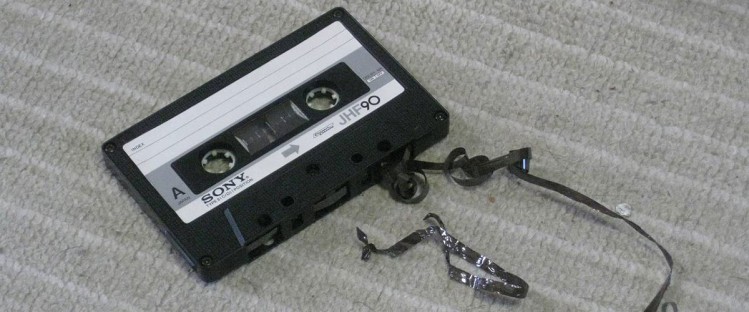 “I am Omicron-sidelined, but mending. But if I had known they were going to run this pandemic using the Greek alphabet, I’d have signed up for Nu? instead.”
“I am Omicron-sidelined, but mending. But if I had known they were going to run this pandemic using the Greek alphabet, I’d have signed up for Nu? instead.”
A friend of mine who has just come down with COVID emailed me that joke. A Jewish friend I should add, to explain the joke to those of you who have no reason to know that Nu is not only a letter of the Greek alphabet still available to name variants after, but also, in Yiddish, a word that translates roughly to “So?” in English, and like “So?” can carry all kinds of connotations depending on whether it is accompanied by a fatalistic shrug or a “so what” eye-roll.
In this case, the “nu?” would be a statement of communal resignation, the very best kind. “Nu – I have COVID? Who doesn’t?” In other words, we’re all in this together.
I admire my friend’s tenacity and good humour, because the rest of us aren’t making jokes about COVID – we’re just plain fed up with all of this – tired of talking about, thinking about, reading about, and living through it. Aren’t we?

